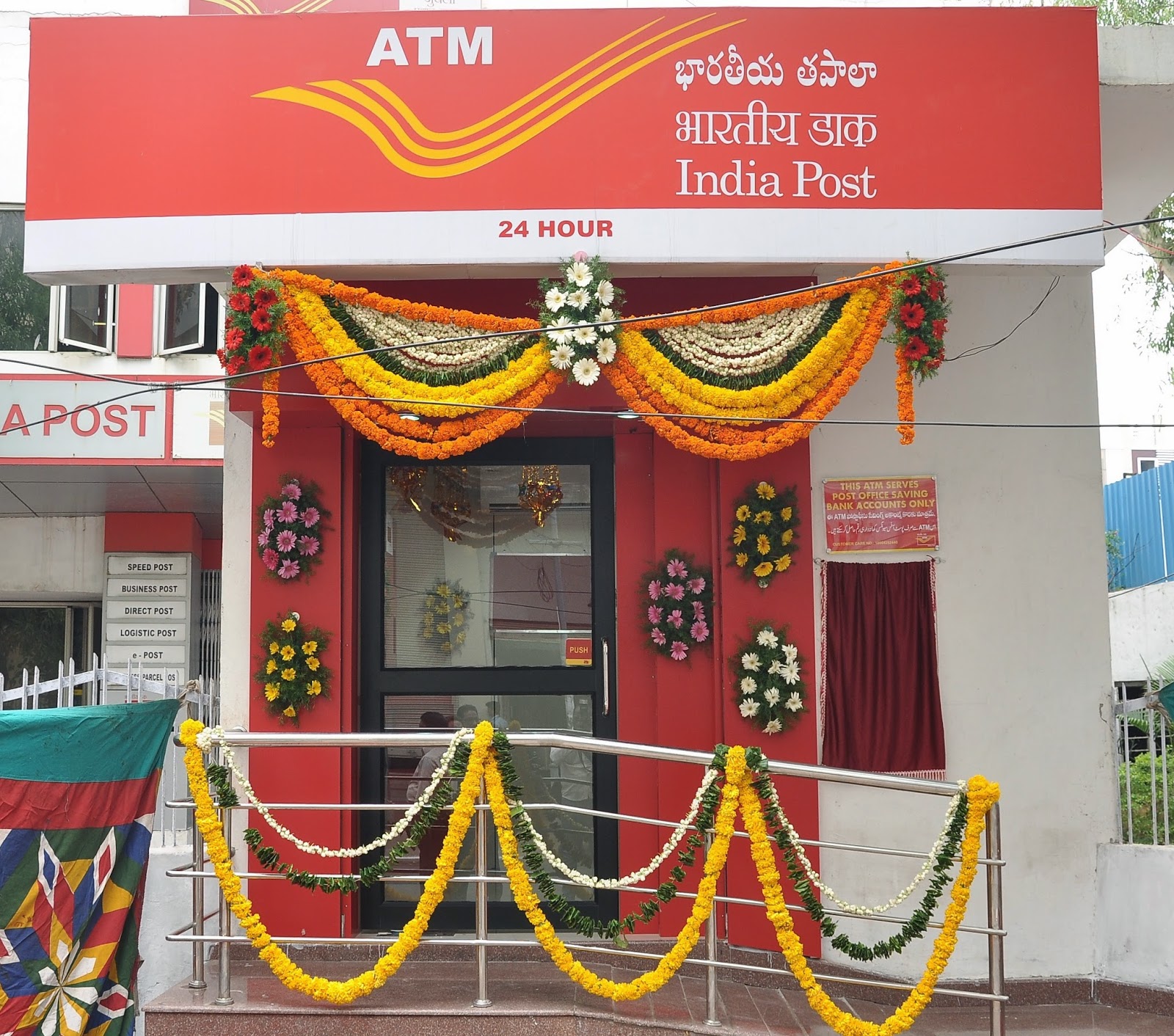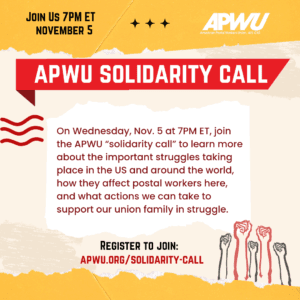March 1, 2016
India Will Implement Postal Banking To Better Serve Remote Residents
(This article first appeared in the March-April 2016 issue of The American Postal Worker magazine.)

India Post is planning to implement postal banking later this year, in order to better serve residents in rural and remote areas.
As part of the plan, India Post opened ATMs in some states in 2014.
Because about 90 percent of India’s post offices are spread across 600,000 villages, the mail system has the infrastructure that no commercial bank has. Approximately 200 million Indians do not have access to a bank account.
Unlike the U.S., where banks balk at the idea, India’s financial leaders support the concept.
“India Post certainly will be a game changer in financial inclusion,” Abizer Diwanji of EY India, a financial consulting firm, told Bloomberg. “They are in the best position to multiply existing banking services.”
Central Bank Governor Raghurnam Rajan predicts that competition from India Post will drive commercial banks to lower the cost of services.
Postal Power
German Postal Workers Under Attack
German postal workers who are on short-term contracts are under attack by Deutsche Post-DHL, the global delivery service that also serves as Germany’s postal service.
Deutsche Post-DHL is bypassing its new contract with trade union Ver.di, and is forcing postal workers on short-term contracts to sign a new collective bargaining agreement with its new subsidiary – DHL Delivery – instead.
Workers who do not sign will lose their contracts altogether.
The contract with DHL Delivery includes up to a 30 percent pay cut – and workers would not have the same benefits as their union brothers and sisters.
Pakistan Post Launches Cash on Delivery Service
In order to keep up with private courier services, Pakistan Post has launched Cash on Delivery (COD) service.
As more and more customers make purchases online, the move makes sense, explained Shahid Ashraf Tarar, a spokesperson for Pakistan Post. Here’s how it works: Instead of customers paying for products online, they give the money to the postal worker who delivers the package.
Private couriers who compete with Pakistan Post have already implemented the program successfully.



